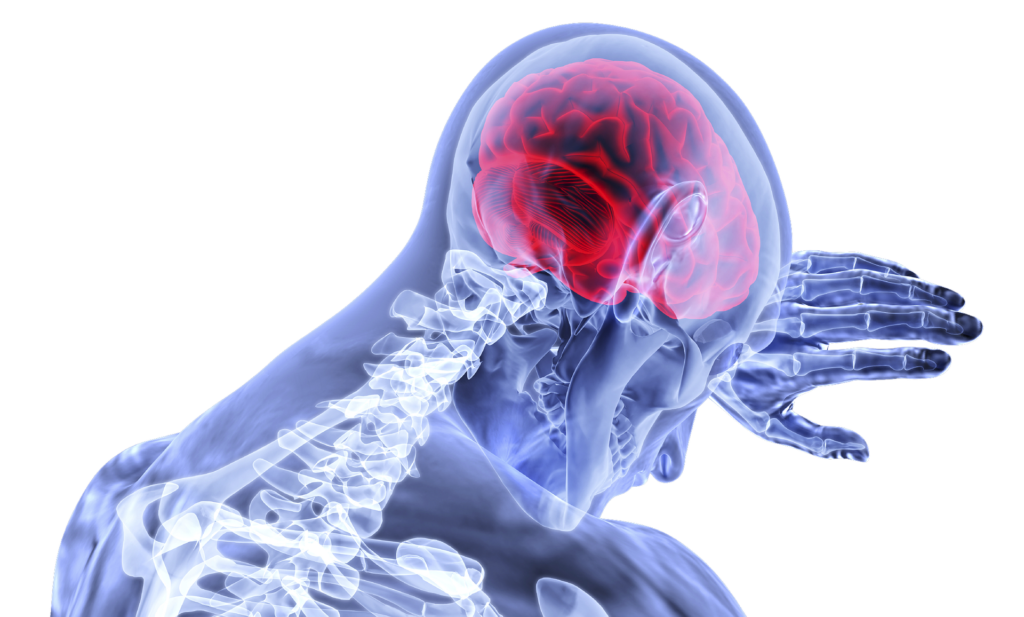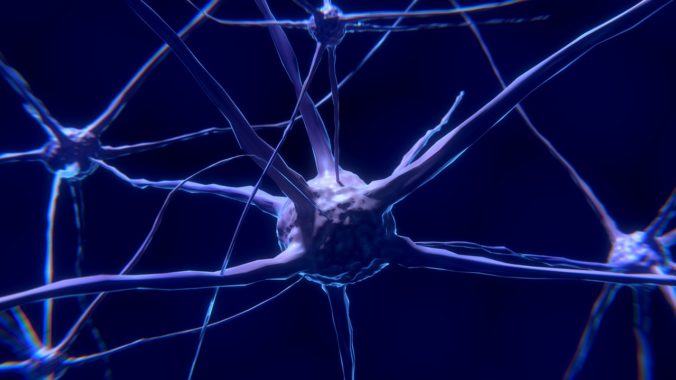The brain is the most complex organ in the human body. It not only processes cognitive and emotional functions but also controls the rest of the organs, including the ear, which is responsible for hearing.
In this article, we will talk about the role of the brain in hearing and what happens if the auditory system and the brain are not fully coordinated.
How we hear sounds
The ear is the organ that allows us to detect and distinguish sounds by converting sound waves into information that is transmitted to the brain. For us to hear sounds correctly, these sound waves need to travel from the outer ear until they reach the eardrum and make it vibrate. From here, the ossicles–the malleus, anvil, and stapes– receive this vibration and send it towards the inner ear, where the cochlea stimulates the stereocilia, which in turn send electric impulses via the auditory nerve to the brain.
The precision and complexity of the brain and its functions allow us to distinguish background noise from the voice of the person we are sharing a conversation with. Effectively, the brain acts as a filter and allows us to focus on the voice we need to understand. When our hearing system works correctly, the brain is also capable of amplifying the sound of our own voice if the conversation is taking place in an environment with loud background noise. So, what happens when the brain and hearing are out of sync?
Effects of disconnection between the auditory system and the brain
When a person suffers from conductive hearing loss, the brain needs to work harder to isolate the sound of a voice from the background noise. However, if a person suffers from sensorineural hearing loss, it is the auditory nerve that is unable to process the sound, even though the sounds waves have been correctly transmitted to the inner ear.

Other issues that originate in the brain can also so cause hearing problems, such as tinnitus, which produces a buzzing or ringing in the ears that is not being transmitted from an external source. According to research studied by Hear-it, tinnitus is caused by changes in the brain as a result of hearing loss.
Our brain adapts to hearing loss
Another study carried out by the University of Colorado Boulder found that the brain adjusts to hearing loss, even if the issue is only mild. Researchers used scanners to study the brain of people with hearing issues and discovered that shortly after they began to lose their hearing, their other senses began to play a more prominent role. The scan results showed the activation of the frontal lobe, where the memory is located, when these people were preparing to hear sounds.
Additionally, the study highlighted the fact that continuous use of hearing aids also caused the patients’ brains to adjust and come to resemble the brain of a person with healthy hearing.

Issues and disorders caused by hearing loss
Hearing issues can lead to a person feeling isolated and confused. The mental health of the hard of hearing has also been studied closely as the brain is also affected by hearing loss, as we have seen.
A study by the National Council of Aging has shown that a person with untreated hearing loss is 50 % more likely to suffer depression than if they use a hearing aid. Other research confirms that emotional or behavioural issues can arise as a direct result of hearing loss or deafness.
In conclusion, our ability to hear requires our brain to function correctly, while our mental health can also be affected by hearing loss. For this reason, it is essential to care for our hearing health by maintaining good hygiene and, most importantly, undergoing regular tests and check-ups to detect any changes in our hearing.
If you would like to share your experience with us here, please feel free. Leave us a comment below.

This is a really great post! Thanks so much for sharing!
Thank you so much for your comment! We really appreciate it! 🙂